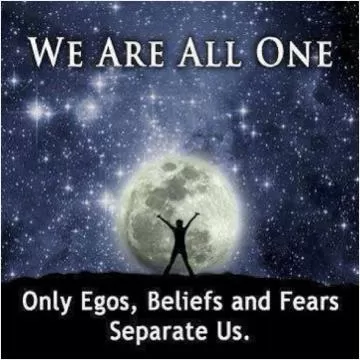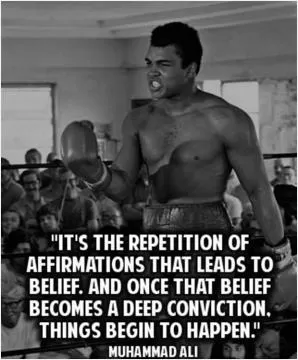Martyrdom has always been a proof of the intensity, never the correctness, of a belief

Martyrdom has always been a proof of the intensity, never the correctness, of a belief
Arthur Schweitzer, a renowned theologian and philosopher, once said, "Martyrdom has always been a proof of the intensity, never the correctness, of a belief." This statement holds profound implications for understanding the nature of martyrdom and the beliefs that drive individuals to sacrifice their lives for a cause.Martyrdom, the act of willingly suffering death or persecution for one's beliefs, has been a common phenomenon throughout history. From religious martyrs who died for their faith to political martyrs who sacrificed themselves for a cause, the act of martyrdom has always been seen as a powerful testament to the strength of one's convictions. However, Schweitzer's statement challenges us to consider whether martyrdom is truly a validation of the correctness of one's beliefs or simply a demonstration of the intensity with which they are held.
In many cases, martyrs are individuals who hold beliefs that are considered controversial, radical, or even heretical by society at large. Their willingness to die for these beliefs is often seen as a sign of their unwavering commitment to their cause. However, the fact that someone is willing to die for a belief does not necessarily mean that belief is correct or justified. History is replete with examples of martyrs who died for causes that were later proven to be misguided or even harmful.
Schweitzer's statement reminds us that intensity of belief does not equate to correctness of belief. Just because someone is willing to die for a cause does not make that cause inherently right or just. Martyrdom may be a powerful symbol of dedication and commitment, but it is not a guarantee of the truth or validity of one's beliefs.












 Friendship Quotes
Friendship Quotes Love Quotes
Love Quotes Life Quotes
Life Quotes Funny Quotes
Funny Quotes Motivational Quotes
Motivational Quotes Inspirational Quotes
Inspirational Quotes